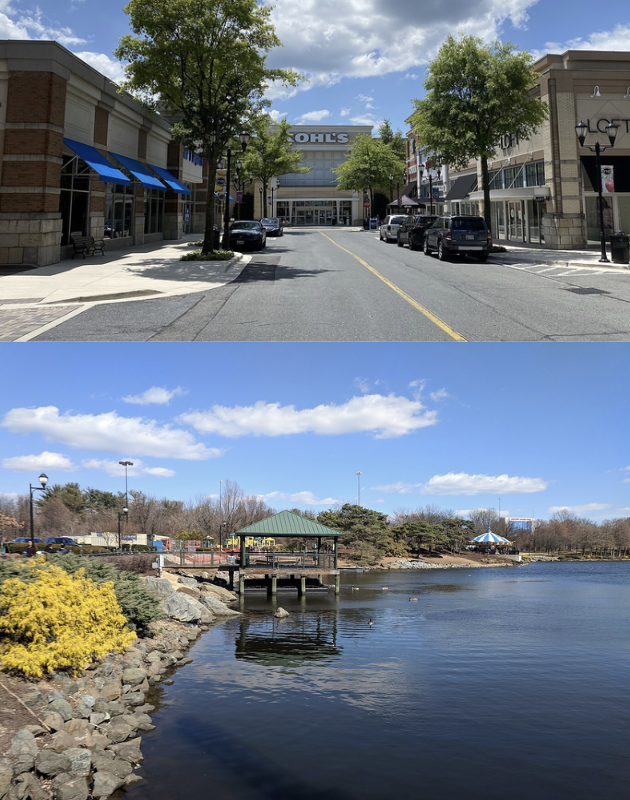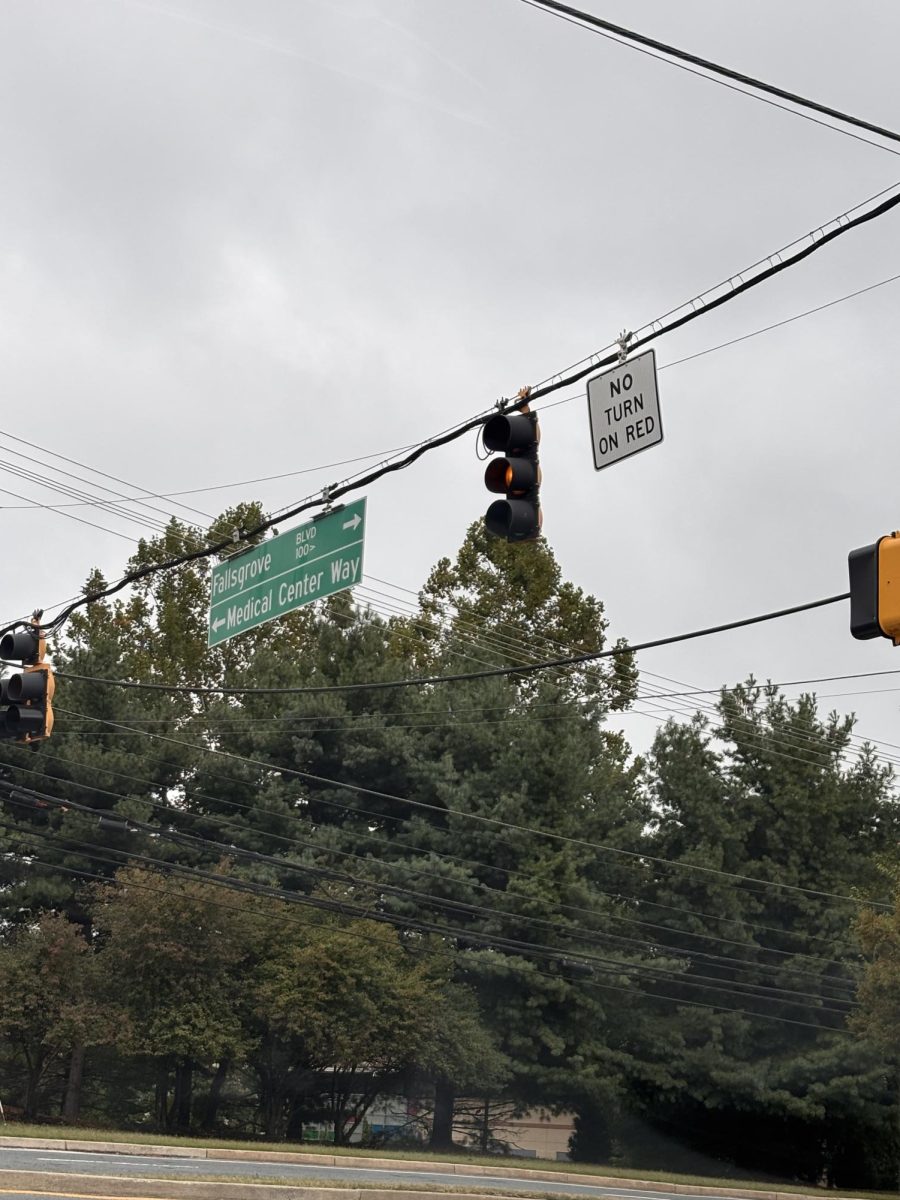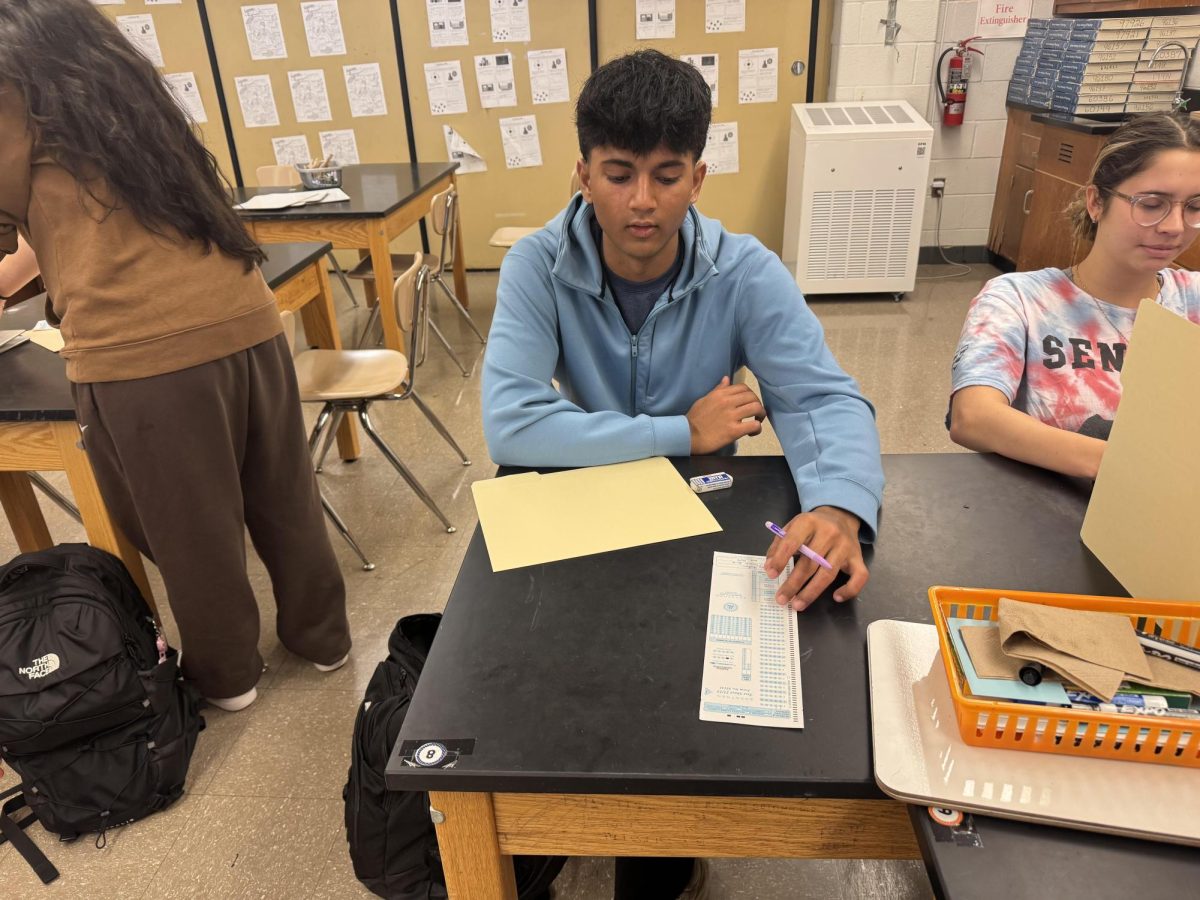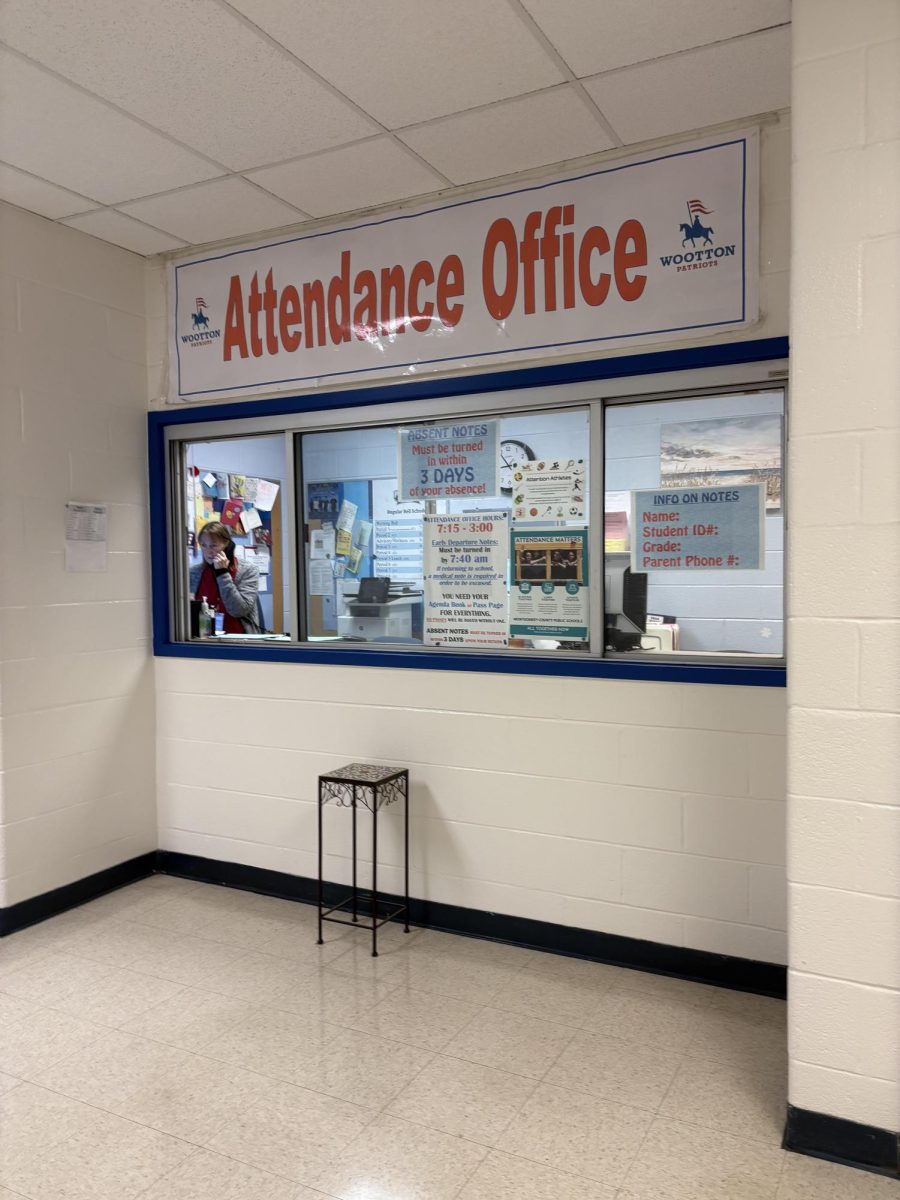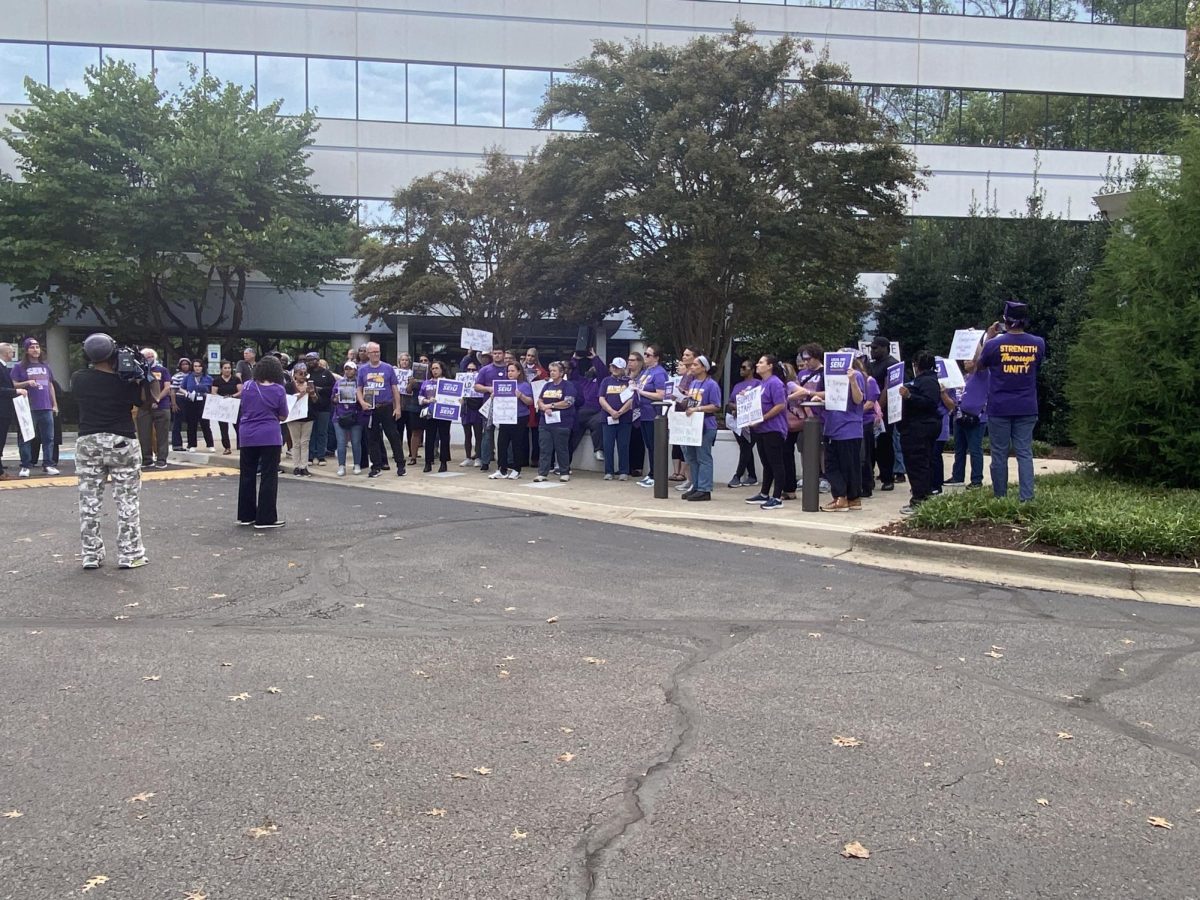
IVF is effectively banned in Alabama after a state Supreme Court ruling in February following an accident in a fertility clinic. Critics say this is a result of overturning Roe v. Wade.
In 2022, a man entered an unprotected fertility clinic in Mobile, AL, where he dropped several frozen embryos. The Alabama Supreme Court determined on Feb. 16 that the clinic was responsible under the state’s Wrongful Death of a minor act, as they failed to secure the storage area, and the frozen embryos were considered children.
As a result of this court ruling, fertility clinics in Alabama immediately stopped providing IVF services, in fear of being held liable under the Wrongful Death act if an accident were to occur.
Invitro Fertilization (IVF) is the process of taking an egg from an ovary, combining it with a sperm cell in a petri dish, then placing the newly formed embryo into a uterus. IVF is used in a wide array cases, such as genetic conditions that stop someone from conceiving naturally, someone being too old and gay and lesbian couples who use a donor. School nurse Ann Eversley said, “[IVF] is hugely important, there’s a lot of people out there who want to have kids but can’t without IVF.”
The reason that the Alabama Supreme Court was able to make this ruling is because the SCOTUS 1973 case Roe v. Wade was overturned by the 2022 Dobbs v. Jackson decision. Social studies teacher Tim Anderson clarified that since Roe was made moot in 2022, states now have the right to make laws making abortion illegal. Critics of the Dobbs decision say that it won’t stop at abortion, that without Roe, states have more power over making choices about people’s healthcare. “You could make an argument that states could bar certain medical procedures,” Anderson said.
On top of the fact that the ruling bars a medical procedure from being performed in the state, citizens all over the country are outraged at how the justices came to their decision. “There’s nothing medical about the decision, it was made based on belief systems that I don’t think should have any place in determining people’s right to access IVF,” Eversley said.
People are concerned that the justices in the Alabama Supreme Court were swayed by religious ideology while making their decision. Citizens of the state, and the country, are infuriated that the court ruled that frozen embryos should be considered living human beings. “No, it’s not fair,” junior Alex Milan Smith said.
Bodily autonomy advocates are discouraged after the events in Alabama, as it sets a precedent for what’s possible. The same thing could happen in other states, blocking people who want to get IVF, and interrupting the process for people already under way. The Alabama governor signed a law giving some legal protections for IVF providers, however clinics say its still not enough, that the law doesn’t truly nullify the state Supreme Court’s ruling. Anderson wants people to know that they can take action, “they should pressure their state legislators and local officials.”


